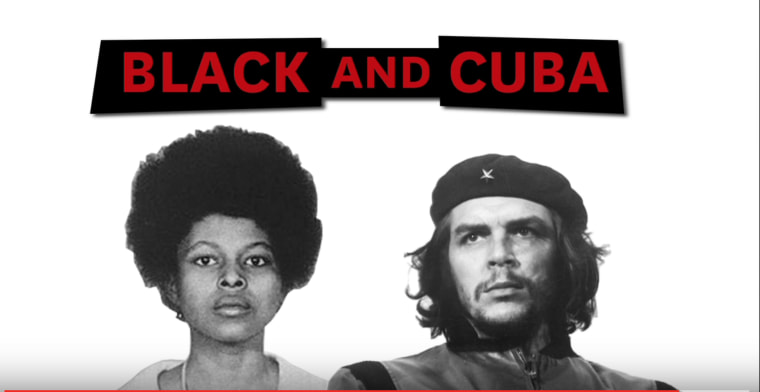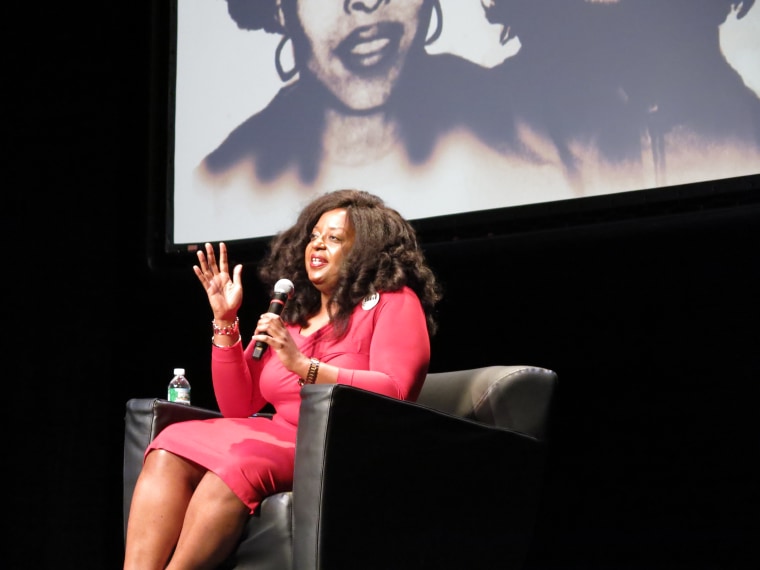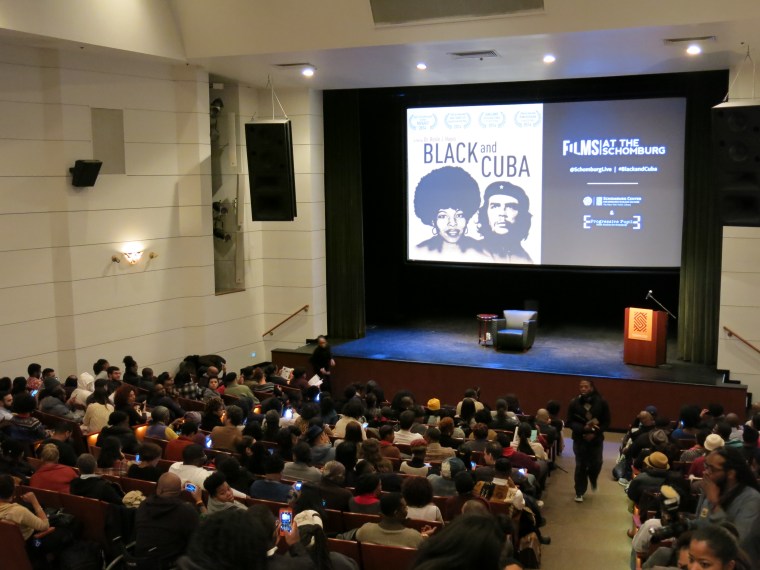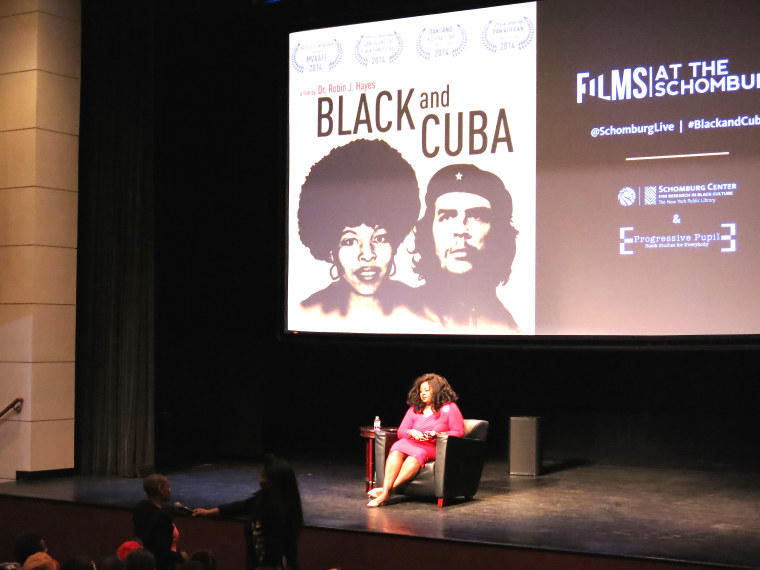
The new documentary "Black and Cuba" follows a group of nine Yale graduate students who felt more like outcasts than a part of their elite Ivy League community.
Bonding over feelings of alienation, they formed a black resistance reading group to discuss books on the movement against racism throughout the African diaspora and were further inspired to take a field trip to Cuba in 2002 to see firsthand "how revolution lives" on the island.
The award-winning documentary highlights how people of color from communities like East Flatbush Brooklyn, the South Bronx and Harlem experience Cuba and their perspectives on US-Cuba Relations.
“We were looking for some inspiration that these ideas that we were reading about in terms of working for racial equality and building black communities wasn’t something that only happened in the past. It was something that could be happening in our present,” film director, Dr. Robin J. Hayes told NBCBLK after the film debuted at the Schomburg Center For Research in Black Culture in Harlem in January.
Dr. Hayes, who was also one of the travelers in the documentary, recounted how the group wanted to use the educational and economic resources available to them in order to improve their communities and find ways to fight racial inequality.
“Part of what brought us together is that we were figuring out here, we have this access to this opportunity…How can we take the knowledge that we have access to and democratize it, rather than participate and perpetuate this idea that knowledge is just for a tiny elite. That was the motivation for creating this,” she said.
The January 26th screening of “Black and Cuba” is part of a national audience engagement plan by the film’s non-profit producer, Progressive Pupil to “make black studies for everybody” by creating interactive media and documentary films.

The award-winning documentary highlights how people of color from communities like East Flatbush Brooklyn, the South Bronx and Harlem experience Cuba and their perspectives on US-Cuba Relations. The streets of Havana and every day life in Santiago are seen through their eyes; from hip-hop performances and block parties to candid encounters with Afro Cubans.
They also learn that although Cuba declared racism illegal after 1959, their Afro Cuban tour guide and others they meet along the way describe experiences of racial profiling, employment discrimination and police misconduct. But, they also see the positive benefits of the socialist system where all Cubans have access healthcare and a quality public education among other things, in way that many of the students’ family members in the United States don’t.
The students realize that while the system of economic equality in Cuba does not make it a utopia, it shows them that change in their own communities is possible. It’s through these experiences that the travelers make connections between Cuban and American perspectives on human rights, race, and revolution.

More specifically, Hayes says their journey highlights the similarities and connections between the Cuban experience and the African American and Latino experience. “We are often treated as these distinct groups where there is no overlap, but in terms of our communities and in terms of our history there is a lot of intersection and history of collaboration,” Hayes said.
It [“Black and Cuba”] touches on a very sensitive issue, but an issue we’re having more productive conversations about which is there are all different types of Latinos. And, that there are Black Latinos, that you can be Black and Latino at the same time,” she continued.
The explanation of the intricacies and even paradoxes of Cuba is what audience member Kasara Davidson appreciated the most about the film, although she had her reservations. “I think it gave a very good, accurate impression of the complexities and contradictions of Cuba. I was a little concerned that the film would romanticize it, but was pleasantly surprised,” she said. Several Cuban Americans who were also in the audience echoed that sentiment.
Others inquired about specific opportunities for travel to Cuba, to which Dr. Hayes responded by stressing the point that although the United States re-established diplomatic relations with Cuba in 2015, there are still restrictions for travel from the United States. “I would advise you to go legally with an educational exchange. Groups like Pastors for Peace have been organizing groups to help people really see Cuba with some context. And, please go with an open mind,” Hayes said.
She also encouraged anyone with an interest in international black history to visit Cuba because of its pivotal role in the politics of the African diaspora. And, to experience the preservation of African culture there, something she says we don’t have in the same way in the U.S.
Overall, Dr. Hayes says the experience taught the group that “you can transform institutions, you can transform government and countries can continue and still have united, cohesive communities.”
